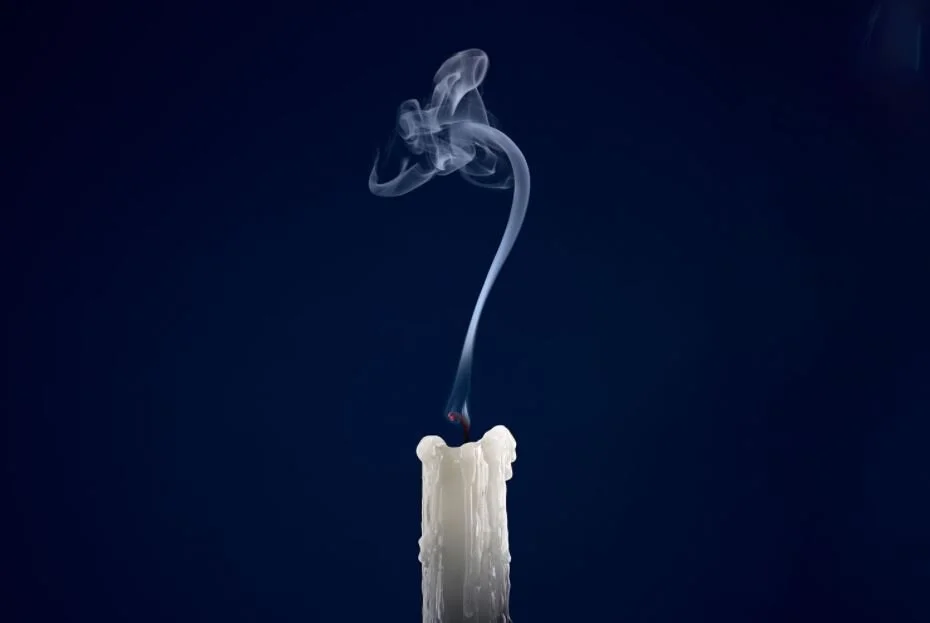La Boheme – Puccini – English National Opera
Image taken from the English National Opera website
Giacomo Puccini’s La Boheme is probably the most popular of all operas in the classical repertoire. This four act opera had its world premiere in Turin in 1896 and was conducted at that time by Toscanini. Fifty years later he conducted a commemorative performance in New York, which was recorded by RCA.
Whilst the opera is written in four acts there was at the time a fifth act written, which Puccini decided not to use. The missing act is located in the timeline between the Café Momus scene of Act 2 and Act 3 and is described as an open air party at Musetta’s dwelling, which she was vacating. There is no indication that the libretto of this missing act was ever set to music.
Despite Puccini’s incredible popularity with audiences some found his music insufficiently sophisticated and in 1951 the Composer, Benjamin Britten, wrote in reference to Boheme ‘I became sickened by the cheapness and emptiness of the music’.
This 10 year old production by ENO was directed by the wonderful Jonathan Miller and visually is revived by ENO ‘like an old friend’. Natascha Metherell is the revival Director, with the Designer being Isabella Bywater. It is a production on two levels in an early 20th century Parisian setting and therefore gives a very authentic staging. True to ENO style the movable sets were rolled around the stage between acts by hand – indeed many hands – which frankly only added to the authenticity of the production!
Musically the evening was of a high standard. It was conducted by Alexander Joel, whose immense care and great pace gave us a truly subtle musical performance in a score that is not always easy to control.
The ENO Orchestra and Chorus were on top form and so were most of the singers using an amusing Amanda Holden translation. The Australian baritone – a former graduate of the National Opera Studio – Nicholas Lester sang a vivid and powerful Marcello. The Rodolfo was the American tenor, Jonathan Tetelman. He started slowly and nervously. He has a glorious top, but struggled for sound in the middle of his voice – not necessarily helped by singing from the upper level of the production and therefore not from the stage floor. He did not come into his own until the final two acts when his whole performance came together in Act 3 and Mimi’s death scene.
Mimi was sung by the wonderful Welsh soprano, Natalya Romaniw. This was not a delicate flower interpretation. She is a singer of great vocal line and power and indeed has to positively hold back her voice at certain times. It was a top quality vocal performance, but there seemed a slight lack of chemistry between her and her Rodolfo. Their Act 3 separation duet ‘Remember we shall be friends’ was rather reminiscent of a certain cold divorce ‘uncoupling’. This surely will come together more positively later in the run.
The Colline of David Soar and the Schaunard of the British Bozidar Smiljanic – an ENO Harewood Artist – were both well sung. The Musetta was sung by another ENO Harewood Artist, Nadine Benjamin, who was the wonderful ‘Summertime’ Clara in Porgy & Bess. She gave a larger than life performance, but perhaps once again her loving chemistry with Marcello will be more prevalent later in the run. Simon Butteriss gave a notably amusing performance as Benoit the Landlord and Musetta’s companion Alcindoro and David Newman was a larger than life toy seller, Parpignol.
Miller’s production at ENO, together with Jones’s production at ROH, are both testaments to the visual quality demanded for this opera. A far cry from Benedict Andrews’s 2015 contemporary heroin provoking production. Thank goodness.







